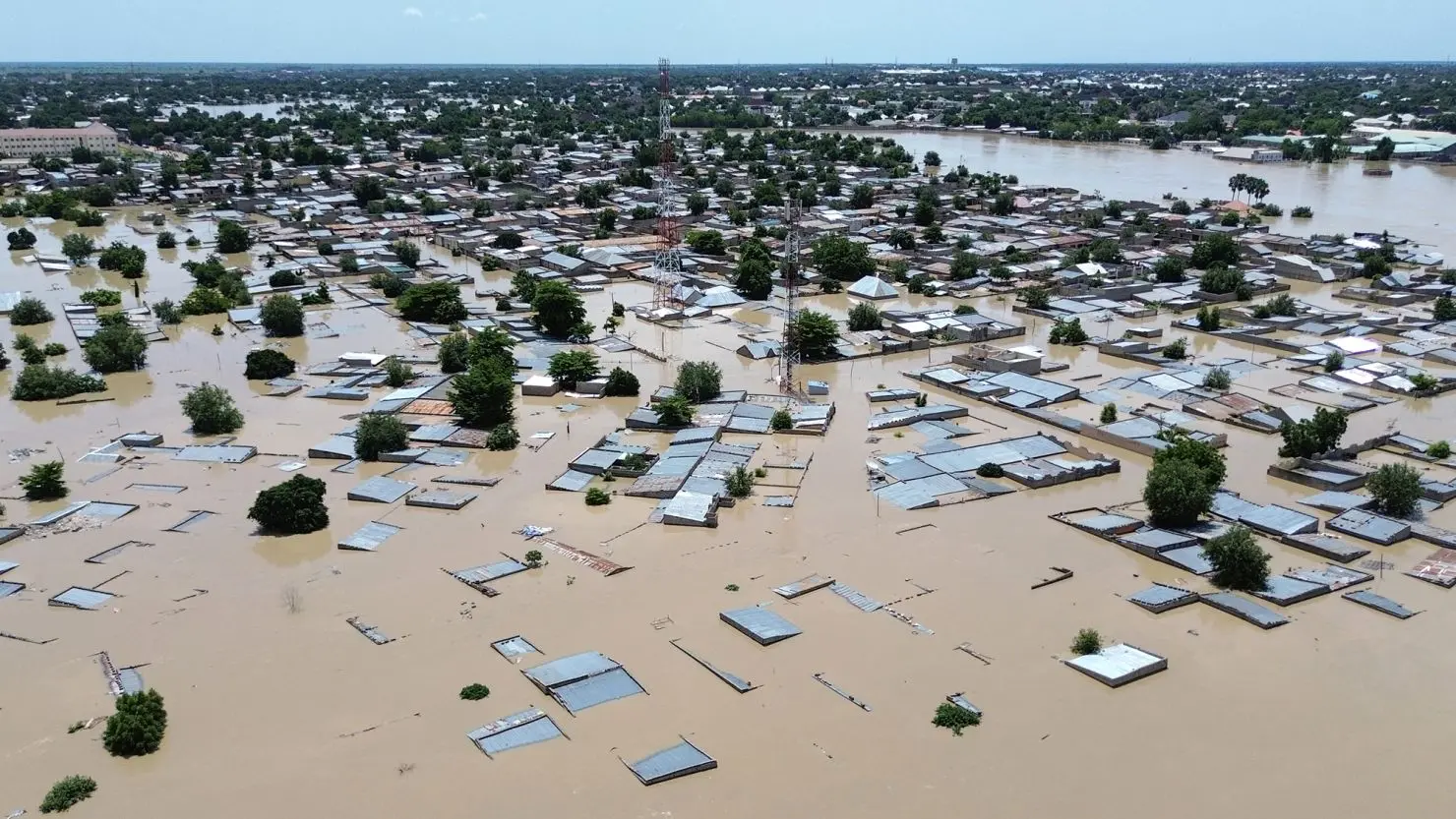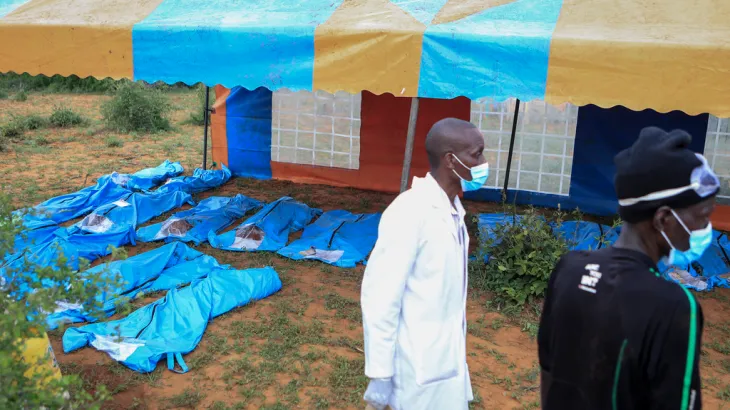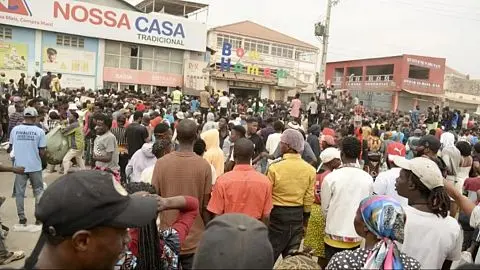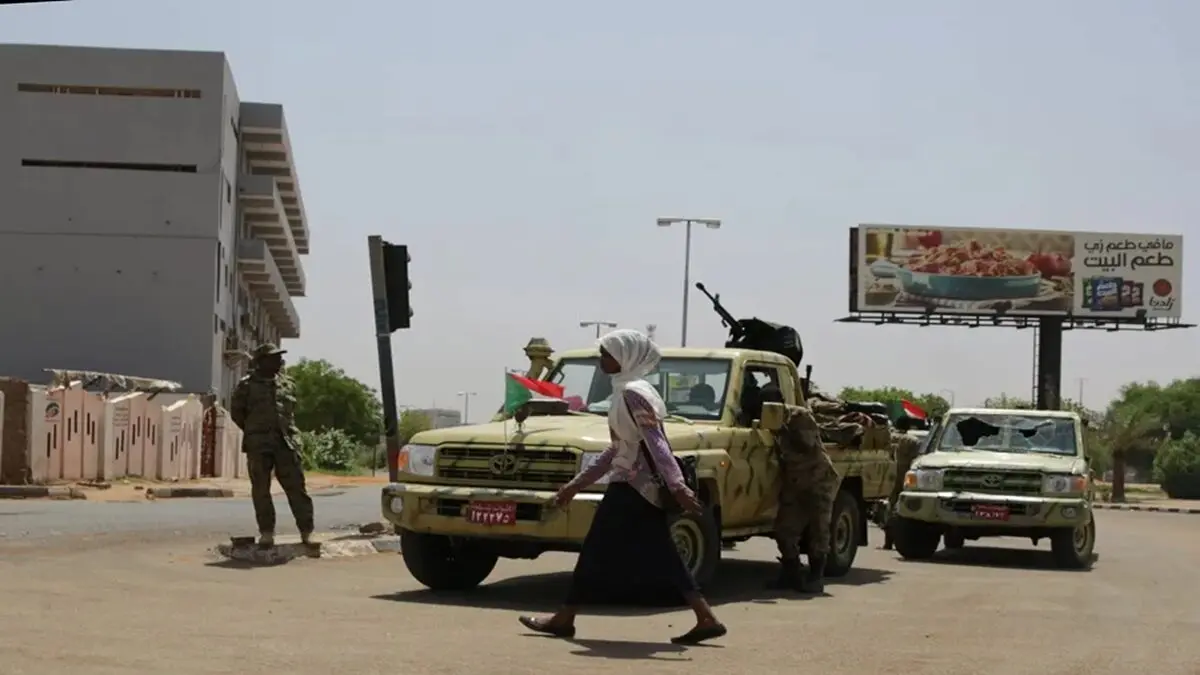MSF Reveals Measles Outbreak in Darfur and East Chad Amid Immunisation Disruptions
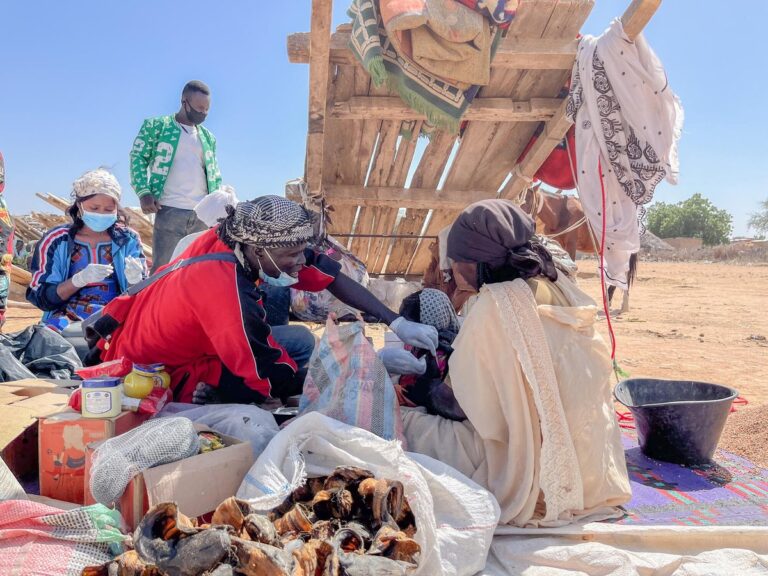
Photo: MSF
June 11, 2025 Hour: 8:40 pm
Médecins Sans Frontières (MSF) has reported that between June 2024 and May 2025, more than 9,950 measles patients were treated in health facilities across Darfur, Sudan, and parts of East Chad, as a measles outbreak continues to spread across all four Darfur states. At least 2,700 of these cases were severe enough to require hospitalisation, and the outbreak has claimed 35 lives, according to MSF data.
The outbreak is largely driven by chronically low immunisation rates in the region. Decades of disrupted routine vaccination programmes—exacerbated by ongoing conflict, administrative delays, and frequent road blockades—have left communities vulnerable. In several locations, routine immunisation efforts were halted for months, further lowering the region’s coverage against measles.
Most health authorities attribute the scale of the outbreak to the impact of conflict-related disruptions. Frequent clashes and mass displacement have not only hampered daily life but have also strained the capacity of healthcare providers to administer vaccinations promptly. With key supply roads routinely blockaded and administrative hurdles delaying resupply of vaccines, MSF and local health facilities have struggled to maintain an effective immunisation campaign.
According to MSF representatives, these reactive campaigns serve as a temporary fix to a much deeper issue. The organisation stresses the urgent need for intensified immunisation efforts and prevention strategies across Darfur. “Mass vaccination is essential to control this outbreak,” an MSF medical coordinator noted, highlighting that without sustained, large-scale immunisation, the cycle of resurgent measles cases will likely persist in the region.
As humanitarian teams continue to navigate complex logistical and security challenges, the international community is urged to bolster support for immunisation initiatives. The data collected by MSF underscores not only the urgent public health crisis at hand but also the broader implications of conflict on the resilience of healthcare systems.
Author: OSG
Source: EFE-Africanews


